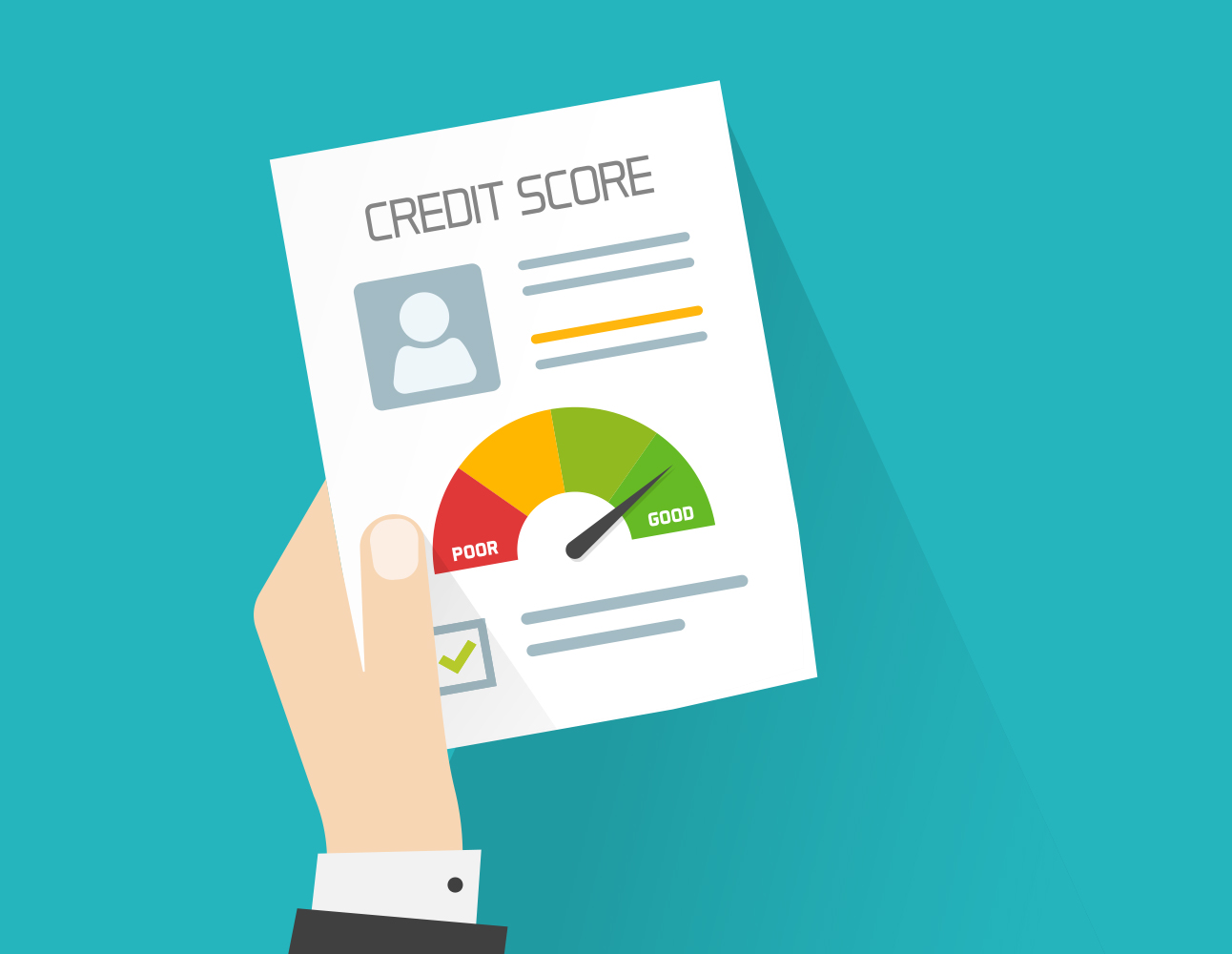Switching credit cards might earn you more rewards, but make sure you know what you’re signing up for
By Lola Augustine Brown
With so many credit cards offering reward programs, it can be hard to know which to go with. Perhaps like many, you’ve never really given these programs much thought and instead have been content with the credit card your bank offered you, without considering which reward programs might give you more bang for your buck. But you can get fantastic rewards simply by using your credit card regularly, so shopping around for the program that best suits your lifestyle is absolutely worthwhile. Here’s how to get the most out of reward programs.
Consider annual fees and interest rates.
Annual fees charged by credit cards vary considerably. You can get no-fee credit cards from Tangerine, BMO, MBNA, and other sources that offer travel and cashback rewards. At the opposite end of the scale, there are cards such as the American Express Platinum Card, which has an annual fee of $699 and comes with a suite of travel perks such as airport-lounge passes, travel insurance, and a $200 travel credit upon sign-up. There are pluses and minuses to all credit-card reward programs: the trick is working out whether it’s worth paying anything—and how much—to access them.
Stephen Weyman, the founder and CEO of Credit Card Genius (creditcardgenius.ca), a Canadian credit card-comparison site, says that if you use your credit card for purchases of $1,000 to $1,500 a month, it’s worth paying a higher annual fee to access a better card-loyalty program.
“There are some limits to that. Once you get past the $100 to $150 range for an annual fee, you don’t normally get a lot of extra benefits out of the card—other than premium perks such as insurance, memberships, and discounts; those have a lot of value, provided you’ll use them,” Weyman says. “Not all cards are created equal, and there are a lot of options for consumers.” On Credit Card Genius, you can play around with the numbers to work out how many rewards you’d get from each reward program based on your annual spending, and see if the payoff makes a given annual fee worthwhile.
Travel-rewards cards often give the best returns. “When you redeem your points for something of high value, typically flights, you can get up to 3.75 per cent as an average return on your spending—for every $100 you spend, you’re getting almost $4 back. With a premium cashback card, you’re looking at a two per cent maximum, so you’re almost doubling your rewards potential with a travel-rewards card,” Weyman says. (An important note if you’re considering American Express because of the amazing perks and rewards: Not every merchant accepts the card, so you may need a backup Visa or MasterCard to ensure you’re covered in an emergency.)
No matter which reward program you choose, such a program makes sound financial sense only if you’re good with credit cards. Preet Banerjee, a personal-finance expert and the author of Stop Over-Thinking Your Money! The Five Simple Rules of Financial Success (Portfolio Penguin, 2014), says the primary consideration in deciding whether you should get a card with a larger annual fee is whether or not you carry a balance on your credit card. “If you do, then the best reward is the ability to pay it off faster, which is easier when you’re charged a lower rate of interest—that should be what you look for in a credit card instead,” he says.
Consider COVID-19 and travel rewards.
All those travel points you’ve earned might seem a bit pointless right now, but Ariana Arghandewal, an editor at The Points Guy (thepointsguy.com)—a website dedicated to helping readers maximize their travel experiences—says that COVID has had a tremendous effect on points programs.
“Many hotel and airline programs are suspending the expiration of points, flight vouchers, and free-night certificates,” Arghandewal says. “Hyatt was supposed to introduce peak and off-peak pricing, a move that has been suspended due to the pandemic. British Airways recently introduced a sale that saw the price of a one-way economy-class ticket between San Francisco and London drop to a staggering 8,000 [Avios reward] miles.” (An economy-class ticket from London to Amsterdam is regularly 4,000 Avios miles.)
Now might be a good time to check out hotel deals for a little “stay-cation,” if you feel safe getting away. On the other hand, holding on to your points makes sense, as there could be amazing deals to come once pandemic restrictions start loosening up.
“When travel does start up again, operators are going to want to heat up the industry as fast as possible, and they’re also going to have a lot of unsold inventory, which is great for consumers,” Weyman says.
Rack up points faster.
With their eyes on a specific reward, some consumers use their credit cards for every purchase to accumulate as many points as possible. Some cards offer extra points for spending on routine items such as groceries and gas, Weyman says, adding that the MBNA Rewards Platinum Plus MasterCard is hard to beat for this reason.
Again, whether or not this is a good idea depends a lot on your self-control, Banerjee says. “These programs reward spending, so if you’re paying a bit too much attention to using your credit card to rack up points, you may be spending more money than you otherwise would. That can lead to frivolous purchases or to stretching your budget more than you would have if you weren’t part of a reward program,” he says. “But for the people who are on top of things and feel there’s no appreciable change to what they’re spending, it certainly makes sense to maximize how far their dollars go.”
Switch cards to reap new benefits.
You don’t have to stay loyal to any single reward program—or bank, for that matter. Many cards offer tempting welcome bonuses, such as bonus points—the TD First Class Travel Visa Infinite offers points worth $300 and a $120 annual-fee rebate for the first year, for example—while others offer an increased percentage of cashback for a set period: SimplyCash Preferred from American Express offers a 10 per cent cashback deal on all purchases in the first four months, up to $400. When these bonuses are linked to spending, it could be worthwhile to switch cards before making a big purchase for which you’ve already budgeted.
Provided you aren’t opening and closing lots of card accounts at once and are paying your bills on time, switching credit cards shouldn’t lower your credit score.
One thing to be aware of is that some cards set a monthly spending minimum in order for you to benefit from those welcome bonuses, Weyman says. One trick he cites is to buy gift cards for the supermarket on your credit card and then buy your groceries with those. “That way, you’re just spending money that you were going to spend anyway to meet that monthly-minimum spend,” he says.
Now might be a good time to reconsider the cards you have, because your spending habits may have changed due to the pandemic. If you chose your card because it gave you a discount on gas at the pump but you’re no longer commuting, or because it gave you free checked bags on an airline but you’re no longer flying, it might be time to switch cards and go for one that gives you cash back on purchases instead. Or you might consider switching to a no-frills, no-fee card if you’re using your card less in general.
Banerjee cautions against signing up for too many reward programs—unless you stick to one, it can take forever to earn points and claim rewards. “In addition, it’s sometimes unwise to hold on to the rewards for too long, as historically rewards have tended to devalue over time, and sometimes programs can change and those points suddenly lose value,” he warns. “So if you rack them up, you should use them before that happens.”
If you’re saving up for a big reward, Banerjee recommends stepping back and considering whether you might be better off simply saving money over the course of the year and buying the item outright instead. Redeeming travel rewards can end up costing more in rewards, dollar for dollar, than if you’d used cash to buy that flight or get that hotel upgrade. “If you spend too much time focusing on a reward program, it can lead you down a rabbit hole and you can still end up spending more than you would have otherwise saved,” he says.
Clearly there are many considerations when choosing a credit card that offers rewards, but whichever card you ultimately go with, be sure to read the fine print and know exactly what you’re signing up for. No matter what bells and whistles are attached, these are still credit cards with all the usual fees—and the easy ability to amass debt just as fast as points and rewards.
Photo: iStock/stocknshares.





